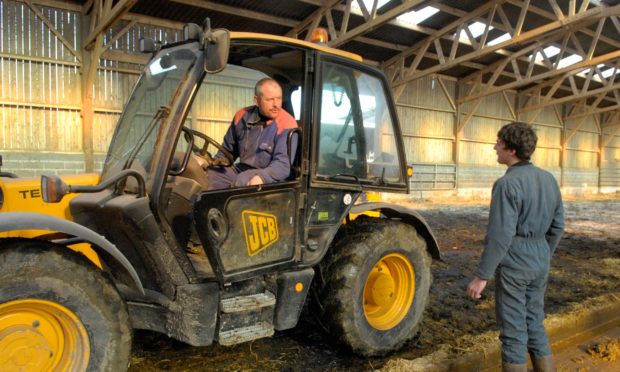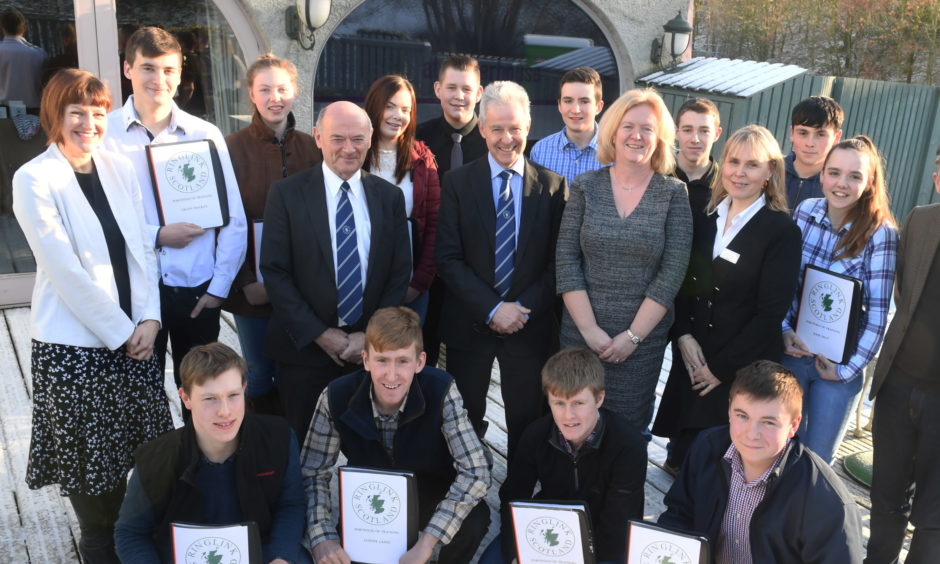Farmers across the north and east have been urged to put themselves forward to become mentors for an industry-led training programme.
Machinery ring Ringlink Scotland, which has offices in Laurencekirk, Cupar, Coupar Angus, Elgin and Oldmeldrum, made the plea at its virtual annual general meeting.
Its land-based pre-apprenticeship scheme, which is now being rolled out across Scotland as part of a Scottish Government-funded pilot, gives youngsters three weeks of training followed by a six-month placement on a farm or at a rural business.
Ringlink’s group operations manager, Gail Robertson, who oversees the scheme, said the group had struggled to find mentors for this year’s cohort and it desperately needed farmers and rural business owners to come forward to take part.
“We know we need young people coming into this industry but we cannot do it without host businesses and mentors,” said Ms Robertson.
“We are really looking for businesses to come forward that have a vacancy or an opportunity to offer full-time or part-time work.”
She added: “To get sustainable funding in place for the scheme in the foreseeable future and to increase it on a yearly basis, we need that industry support.
“If we are able to show that the demand is there from the industry and young people, that helps us justify the scheme to government and fight for more money.”
Fife farmer and Ringlink director James Orr recently recruited his second apprentice in three years and encouraged his peers to make time for the next generation.
“In becoming a mentor, you are supporting a young person and believing in them, which in turn will help you to believe in yourself,” he said.
Applications are open for the 2021 scheme, which has 30 places on offer, and details are available from Ms Robertson at gail@ringlinkscotland.co.uk or by calling 01561 376022.
Ringlink revealed a 91% decrease in pre-tax profits to £25,356 for the year to July 31 and turnover was down 5% to £1.628 million.
Managing director Graham Bruce blamed the drop in profits on decreased throughput and higher commodity prices in 2019.
He said throughput from the core business activity of machinery sharing had increased to just over £9m; however, labour, commodities and straw were down 13%, 12% and 6% respectively.
He said although commodity values were down, volumes were up.











